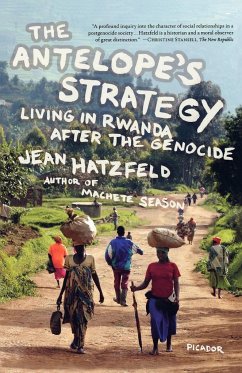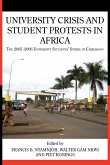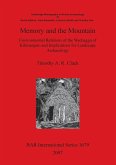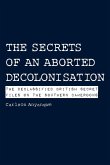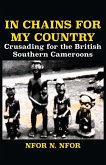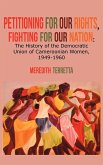The third book on the Hatzfeld's definitive study of the Rwandan genocide: the first-hand accounts of Hutus and Tutsis forced to live side-by-side and get along after the killers are released from prison en masse.
One hot May morning in 2003, a crowd of Hutus who had participated in the genocidal killings of April 1994 in Rwanda filed out of prison and into the sunshine, singing hallelujahs, their freedom granted by presidential pardon. As they returned to their old villages, Tutsi survivors watched as the people who had killed their neighbors and families returned to the homes around them. In The Antelope's Strategy, Jean Hatzfeld returns to Rwanda to talk with both Hutus and Tutsis struggling to live side by side. We hear the voices of killers who have been released from prison or returned from exile, and Tutsi escapees who must now tolerate them as neighbors. How are they managing with the process of reconciliation? Is such a thing even possible? The enormously varied answers Hatzfeld gets suggest that little faith in true recovery survives among those who lived through the genocide. This is an astonishing exploration of the pain of memory, the nature of stoic hope, and the ineradicability of grief.
Hinweis: Dieser Artikel kann nur an eine deutsche Lieferadresse ausgeliefert werden.
One hot May morning in 2003, a crowd of Hutus who had participated in the genocidal killings of April 1994 in Rwanda filed out of prison and into the sunshine, singing hallelujahs, their freedom granted by presidential pardon. As they returned to their old villages, Tutsi survivors watched as the people who had killed their neighbors and families returned to the homes around them. In The Antelope's Strategy, Jean Hatzfeld returns to Rwanda to talk with both Hutus and Tutsis struggling to live side by side. We hear the voices of killers who have been released from prison or returned from exile, and Tutsi escapees who must now tolerate them as neighbors. How are they managing with the process of reconciliation? Is such a thing even possible? The enormously varied answers Hatzfeld gets suggest that little faith in true recovery survives among those who lived through the genocide. This is an astonishing exploration of the pain of memory, the nature of stoic hope, and the ineradicability of grief.
Hinweis: Dieser Artikel kann nur an eine deutsche Lieferadresse ausgeliefert werden.

